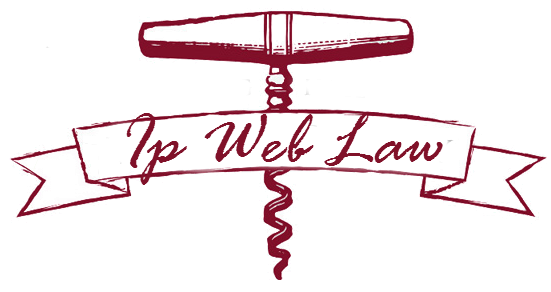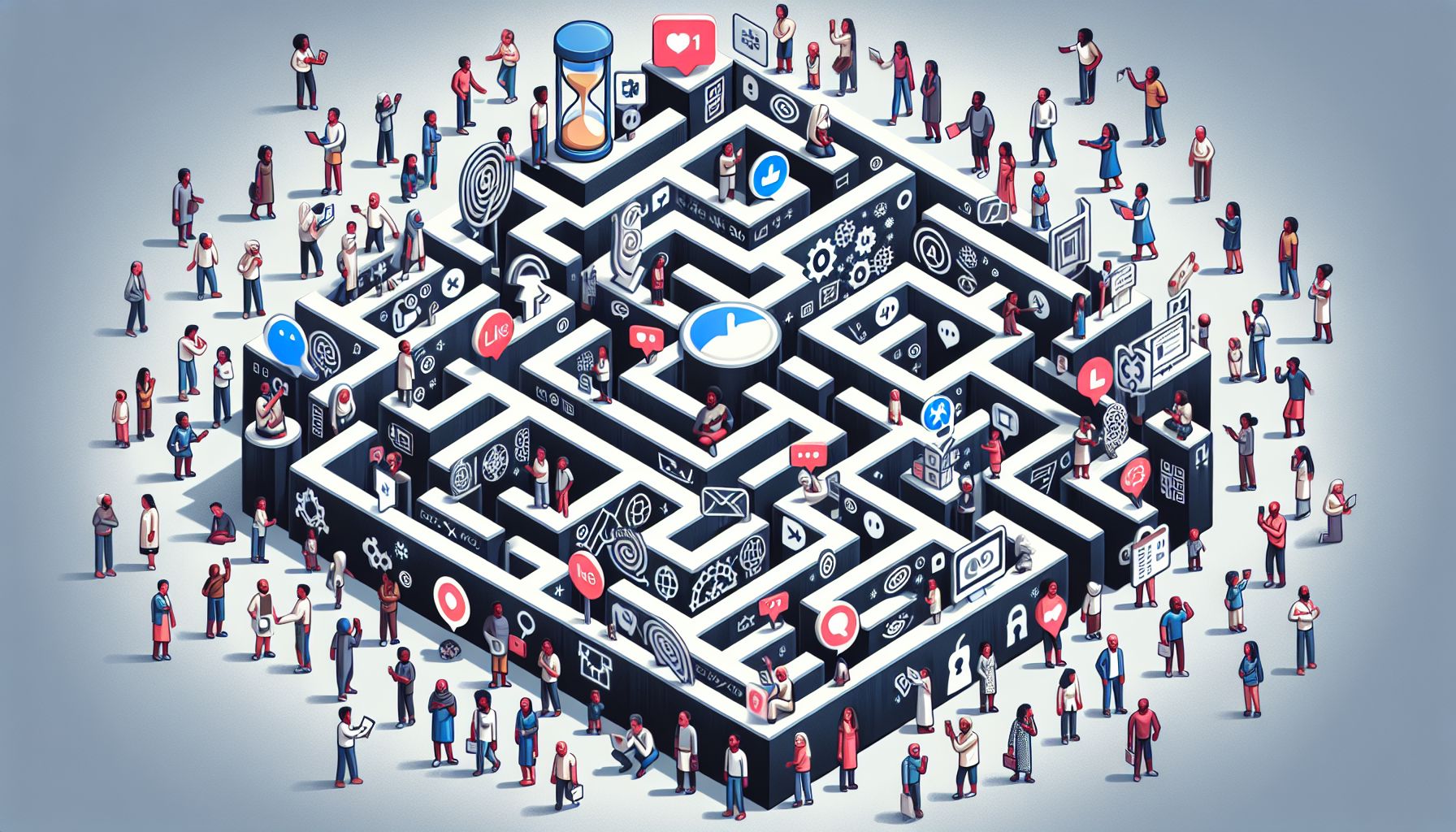Navigating the Digital Maze: Social Media’s Grip on Modern Culture and Communication
In an era where ‘liking’ and ‘sharing’ are not just acts of enjoyment but powerful catalysts of cultural evolution, social media has become an inextricable part of our daily existence. Seamlessly interwoven into the fabric of contemporary society, these digital platforms are forging new legal precedents and challenging traditional norms, quietly redesigning the statutes of social behavior, communication, and the conveyance of trends.
The influence of social media is so pervasive that it often slips unnoticed, shaping how we perceive the world and interact within it. This omnipresent force has given birth to a modern agora, where dialogue is instantaneous, and the global village communicates in a medley of hashtags and emoticons.
The Psychology and Ethos Behind the Scroll
The psychological underpinnings of social media usage are as varied as they are profound. From the dopamine-driven ‘reward’ cycle prompted by notifications to the complex web of social comparison and instant gratification, these platforms have nailed the human psyche’s vulnerabilities with stunning accuracy. This understanding has paved the way for marketing strategies that capitalize on user engagement, turning consumers into unwitting ambassadors of brands.
Yet, it’s not all clicks and sales. Social media has democratized content creation and dissemination, enabling individuals to establish influential presences and mobilize communities towards social causes. The Arab Spring, climate change activism, and movements like #BlackLivesMatter have all benefited from the unprecedented reach provided by these platforms.
Ethical Implications and Cultural Tides
Amidst the tweeted revolution, ethical dilemmas emerge. Concerns over privacy, data security, and misinformation are the counterpoints to the tale of connectedness and empowerment. The Cambridge Analytica scandal and the spread of ‘fake news’ have raised pressing questions about regulation, accountability, and the nature of free speech in a digitally dominated public square. These precedents within the realm of social media are leading to actual legislature, with significant societal impacts yet to unfold.
Culture is no longer a slow-moving behemoth but a dynamic entity that reflects the ebbs and flows of online trends. Memes, viral challenges, and influencer opinions ripple through societies, provoking shifts in everything from fashion to political opinions. The rise of cancel culture and the speed at which reputations are built and obliterated speak volumes about the power bestowed upon social platforms.
The Ever-Evolving Social Sphere
In conclusion, social media stands as a colossus in the 21st century, influencing cultural trends, dictating communication modalities, and sculpting modern behavior. With each like, share, or tweet, virtual cobblestones are laid on the path of contemporary society’s advancement (or decay). Future prospects include more immersive experiences through augmented and virtual reality, deeper AI integration, and a relentless quest for authentic connections in an increasingly curated social realm.
As we continue to sift through the ever-growing digital maze, the only constant will be change. Social media, in all its paradoxical glory—empowering yet controlled, connecting yet isolating—will continue to engage us in a dance of progress and reflection. Indeed, navigating this terrain requires vigilance, for every post holds the potential to either construct or collapse the pillars of our shared global culture.

